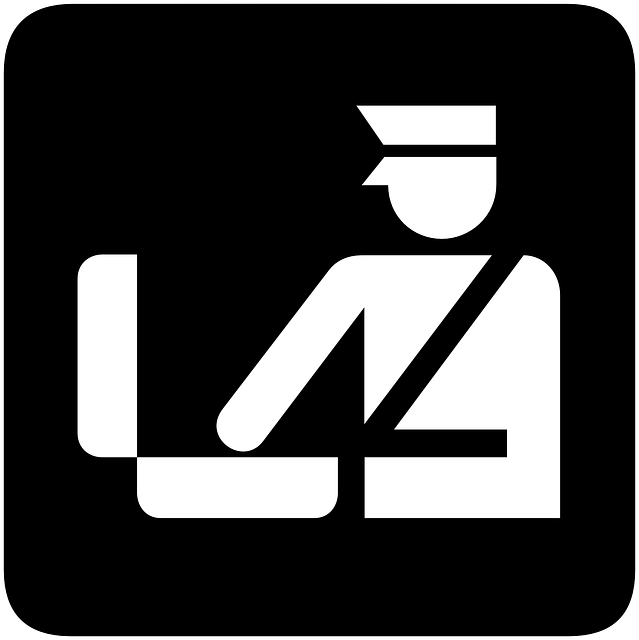businesses engaged in international trade with the UK must meticulously handle customs and trade documents to comply with HMRC regulations. The accuracy of these documents is paramount for seamless import and export processes, avoiding delays or penalties due to errors. In situations involving multiple languages, UK translation services play a crucial role by providing precise translations that ensure all parties comprehend their legal obligations. These services are not just about language conversion; they are integral to maintaining the integrity of trade operations within the UK's customs framework. By leveraging these specialized translation agencies, companies can confidently navigate the complexities of international trade while minimizing the risks associated with language differences. This enhances compliance and operational efficiency, making UK translation services an indispensable asset for any business dealing with cross-border transactions.
Navigating the intricacies of international trade necessitates a thorough understanding of customs regulations in the United Kingdom. This article demystifies the critical aspects of Customs and Trade Documents within the UK context, emphasising the importance of adherence for seamless cross-border transactions. We explore the pivotal role of professional translation services in ensuring document accuracy and compliance. Whether you’re a seasoned trader or new to the market, this guide provides essential insights into the procedural framework set by UK customs, equipping businesses with the knowledge to successfully manage their trade documentation obligations.
- Understanding the Necessity of Legal Compliance in UK Customs Documents
- Key Elements of Customs and Trade Documents in the UK Context
- The Role of Professional Translation Services for Customs Documentation in the UK
- Navigating the UK's Customs Regulations: A Step-by-Step Guide for Businesses
Understanding the Necessity of Legal Compliance in UK Customs Documents

Navigating the complexities of international trade necessitates a thorough understanding of legal compliance in the UK customs arena. Businesses engaging in cross-border transactions must adhere strictly to the guidelines set forth by Her Majesty’s Revenue and Customs (HMRC) to ensure seamless import and export processes. The use of accurate and complete customs and trade documents is paramount, as these serve as the linchpin for customs declarations, duty payments, and regulatory adherence. Incorrect or incomplete documentation can lead to significant delays, penalties, or even legal action, underscoring the importance of meticulous attention to detail. UK translation services play a crucial role in this context, facilitating the clear communication of necessary information across different languages and ensuring that all parties involved are fully apprised of their responsibilities and obligations under the law. By leveraging professional translation services, businesses can mitigate risks associated with linguistic barriers, thereby upholding legal compliance and fostering efficient trade operations within the UK customs framework.
Key Elements of Customs and Trade Documents in the UK Context

When engaging with customs and trade within the UK, adherence to strict documentation protocols is paramount for legal compliance and efficient processing. The key elements of UK customs documents encompass a comprehensive set of forms and declarations that facilitate the movement of goods across borders. These documents not only serve as a means of communication between traders and Customs authorities but also ensure the accurate classification, valuation, and reporting of goods to comply with trade regulations.
The primary documents required in this context include the Commercial Invoice, which is a critical component for customs clearance and details the nature, quantity, and value of products traded; the Packing List, which outlines what items are in each package and their quantities; and the Bill of Lading or Airway Bill, essential for tracking the shipment’s movement. Additionally, UK traders often utilize translation services to ensure that all customs documentation is accurately translated, particularly when dealing with non-English language partners, thereby avoiding potential delays and legal issues. This translates into a necessity for reliable UK translation services, which are integral to maintaining the integrity of transactions and legal compliance in international trade.
The Role of Professional Translation Services for Customs Documentation in the UK

When engaging in international trade, adherence to legal compliance is paramount, particularly within the context of the United Kingdom’s robust customs regulations. The UK’s extensive network of trade agreements and its position as a hub for global commerce necessitates precise and accurate documentation. In this regard, professional translation services play a crucial role in ensuring that all customs and trade documents are accurately translated to facilitate seamless border crossings. These services offer expertise in navigating the linguistic nuances of multiple languages, thereby reducing the risk of miscommunication or errors that could lead to delays or legal complications. By leveraging the skills of seasoned translators, businesses can confidently submit customs declarations, commercial invoices, and other trade documentation in the required language, ensuring compliance with UK regulations and smoothing the flow of goods across borders. Furthermore, translation services specialising in customs documentation are well-versed in the technical terminologies specific to international trade, which is essential for maintaining the integrity and legality of the documents being processed. This not only expedites the clearance process but also safeguards against potential fines or legal disputes that could arise from mistranslated information. For businesses operating within or outside the UK, the services of reputable translation agencies are an indispensable tool for managing the linguistic complexities of international trade and ensuring legal compliance with UK customs documentation.
Navigating the UK's Customs Regulations: A Step-by-Step Guide for Businesses

In conclusion, navigating the intricacies of UK customs documents requires a comprehensive understanding of legal compliance and the meticulous preparation of trade documentation. Businesses must prioritize accuracy and adherence to regulations to seamlessly import or export goods within the UK. Key elements of these documents are critical for smooth operations, and leveraging professional translation services for customs documentation is invaluable, particularly for companies operating across borders. The detailed guide provided outlines the necessary steps for businesses to follow, ensuring they stay on the right side of UK customs law. By understanding the requirements and utilizing expert assistance, companies can confidently manage their trade documents, avoiding delays or legal complications. Compliance is not just a formality but a foundational element for international trade success in the UK.



